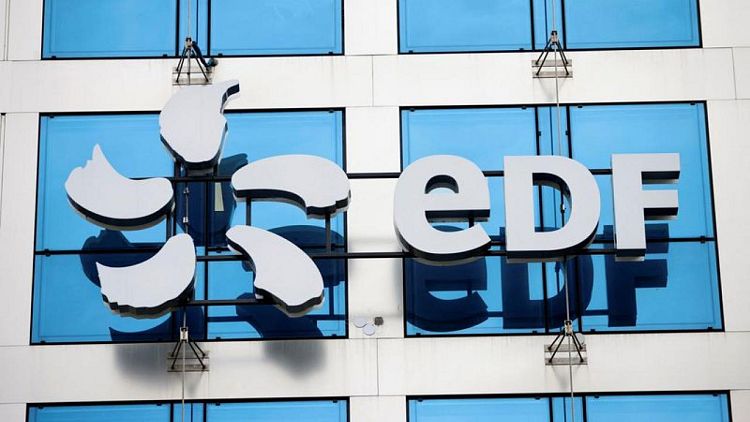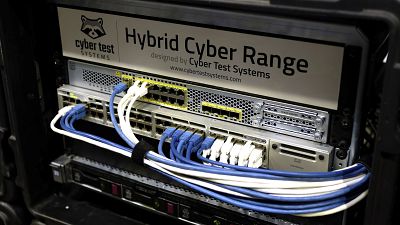PARIS - France will next year require state-owned utility EDF, which is soon to be fully nationalised, to sell less of its nuclear power at prices set by the regulator to smaller rivals than it did in 2022, Finance Minister Bruno Le Maire said.
The reduction could increase the energy price businesses face.
EDF will be required to sell 100 terrawatt-hours (TWH) to rivals at what is known as the Arenh price, determined by the regulator, compared with 120 TWH this year.
EDF this year suffered multi-billion euro losses after the government said in January the nuclear producer would have to increase by 20 TWH the volumes it is required to sell cheaply to curb enery costs.
The bulk of the volumes sold under the Arenh scheme this year was priced at 42 euros ($42.17)/ per megawatt hour (MWH), which EDF says is below its production costs.
The additional under-market sales to rivals this year, combined with maintenance and repair-related outages in its nuclear reactor fleet, triggered a string of profit warnings, the latest on Thursday.
"I have said that the decision to raise the volume in 2022 was exceptional," Le Maire told a news conference, "we will therefore go back to 100 TWH in 2023."
As companies grapple with soaring energy bills, the government on Thursday also announced it would step up support for small and medium-sized companies when power prices exceed 325 euros per megawatt-hour.
"We will cover half of the sum exceeding a reference price of 325 euros," Prime Minister Elisabeth Borne told a news conference.
The government said it would spend around 12 billion euros in total to help smaller companies and local public-sector entities including towns and administrative departments to cope with energy inflation.
Some 7 billion euros of the 10 billion reserved for businesses will be financed by a levy on windfall energy profits made by utilities, which the European Union members agreed to put in place last month, Le Maire said.
($1 = 0.9959 euros)



